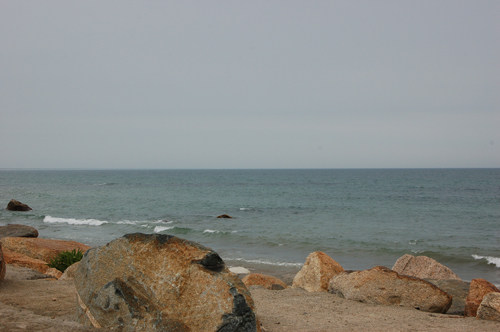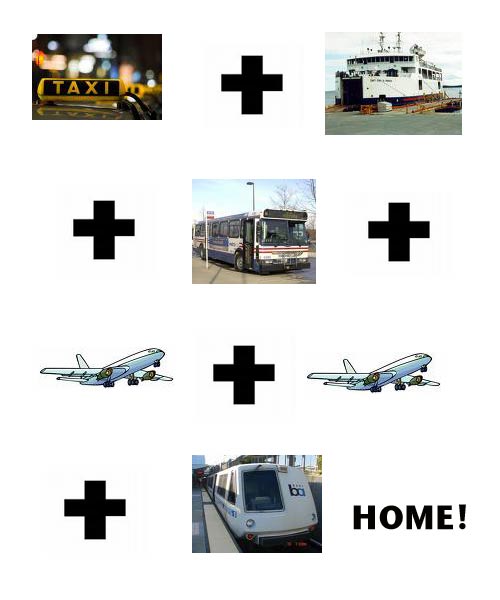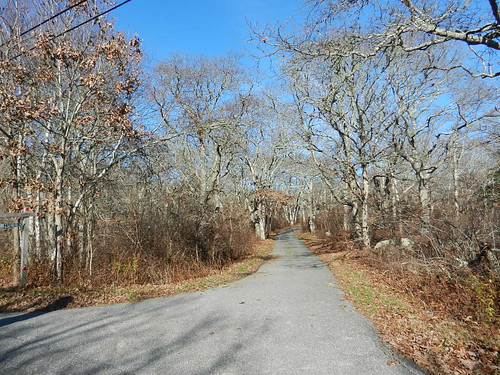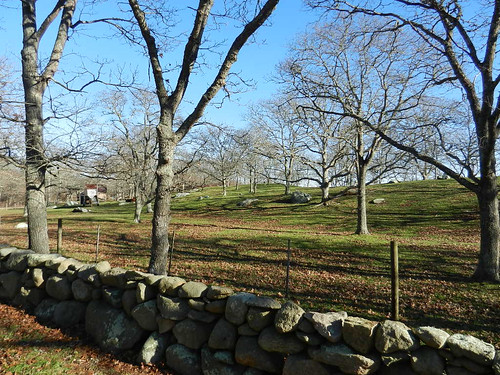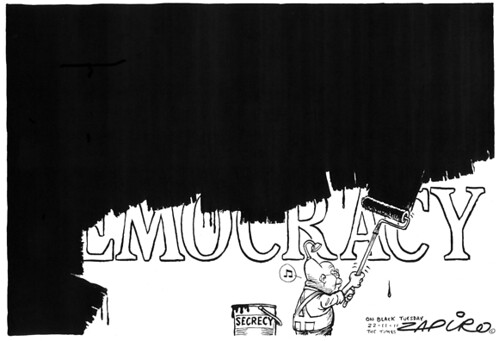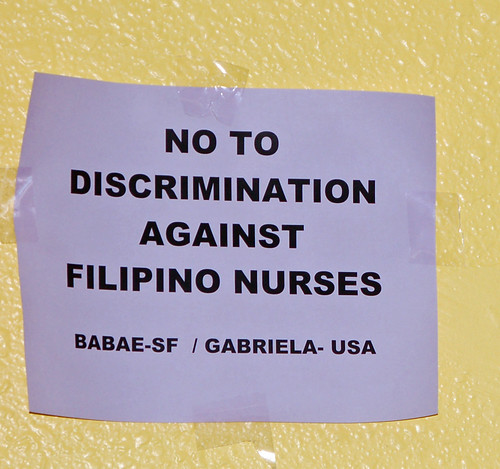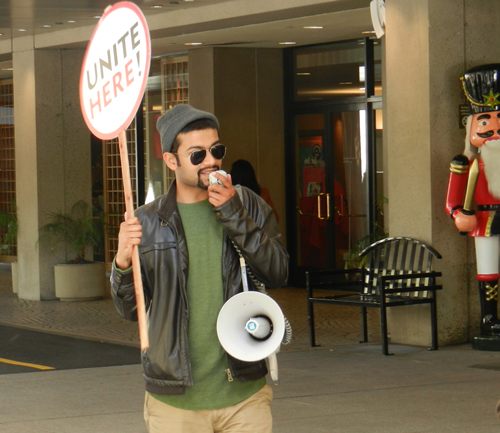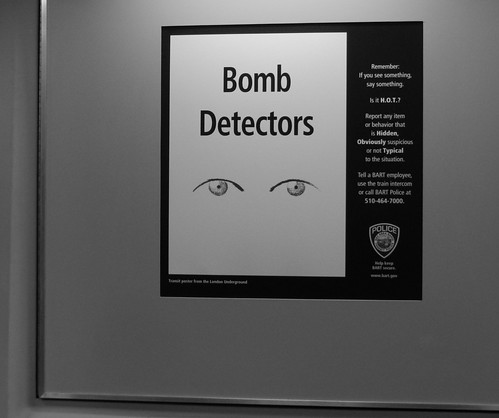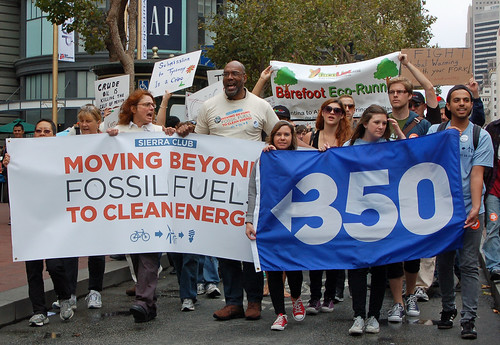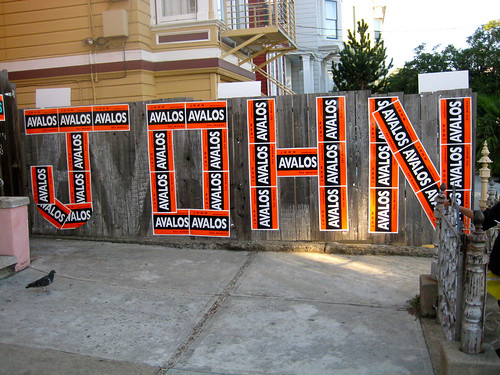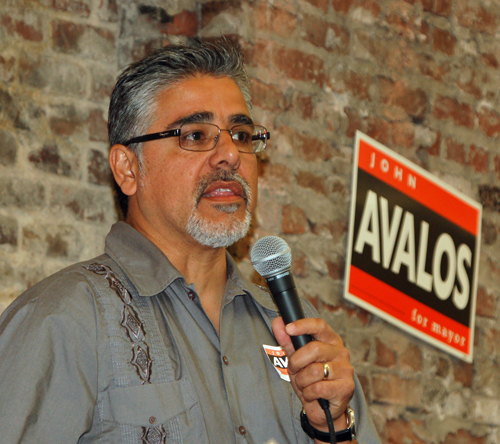
Once upon a time, what we call Veterans Day was "Armistice Day" marking the moment at the "eleventh hour of the eleventh day of the eleventh month" of 1918 when the guns of World War I fell silent in Europe. That unimaginably horrible carnage had stopped, though the respite proved simply the beginning of a 20 year pause, following by another worldwide bloodbath in 1939.
This seems a good day to share some insights from one of the books I've been reading about World War I in the course of my project of exploring that conflict's residue in our current world. Margaret MacMillan's
Paris 1919: six months that changed the world offers a full global survey of the victors' choices in the various treaties and agreements that followed. It is comprehensive, thoughtful and sometimes delightfully snarky about the statesmen who momentarily believed they could construct a new world order.
The Paris Peace Conference in winter of 1919 stirred ambitions and imaginings on an unprecedented scale.
… until the signing of the German treaty in June at Versailles, Paris housed a virtual world government. ... Paris may have housed a world government, but that government's power was never as great as most people, both then and since, have assumed. ... The peacemakers talked expansively about making and unmaking nations, but the clay was not as malleable and the strength to mold it not as great as they liked to think. Of course, the peacemakers had considerable power. They still had armies and navies. They had the weapon of food if they chose to use it against a starving Europe. They could exert influence by threats and promises, to grant or withhold recognition, for example. They could get out the maps and move borders this way or that, and most of the time their decisions would be accepted ... [but] the ability of the international government in Paris to control events was limited by such factors as distance, usable transportation and available forces -- and by the unwillingness of the Great Powers to expend their resources.
In 1919 the limits were not yet clear -- to the peacemakers themselves, or to the world. Consequently, many people believed that, if only they could catch the attention of the Supreme Council, past wrongs would be righted and their futures assured. A young kitchen assistant at the Ritz sent in a petition asking for independence from France for his little country. Ho Chi Minh - and Vietnam -- were too obscure even to receive an answer. A Korean graduate of Princeton University tried to get to Paris but was refused a passport. After the Second World War, Syngman Rhee became the president of a newly independent South Korea. …
That quotation catches what I found the most fascinating aspect of this enormous world survey: the extent to which this European conclave reached into, not only the home continent and the powers' former colonies plus the Middle East where the boundaries it set are still contested, but also into the farthest reaches of Asia.
Japan was an ally of the victors. Having shown in 1905 that it could defeat a Russian army, it was acknowledged as a true power, the only non-white one in the world. The Japanese had viewed the European combat as a opportunity for cheap gains from the winner, if only they could pick the right warring coalition. They were willing to flirt with the German/Austro-Hungarian/Ottoman bloc; hence the story of
Zimmerman telegram. But eventually they threw down with the British/French/American allies.
Japan came to Paris with two objectives. First, it wanted to come away with control of the former German commercial sphere of influence in China at Shantung. The Chinese republic hoped for an end to these foreign enclaves, but the Japanese had forces on the ground and won its point at the peace conference. Japan also held on to naval stations in the Pacific Ocean, presaging future conflict with the United States.
If Japan's colonial demands represented its aggressive and militarist side, its other priority at Paris represented a different development path that was ignored and blocked by the united West. Japan was the principle champion of what was called the "racial equality" clause proposed for the founding declaration of the new League of Nations that the peace conference was creating. The story is telling.
In the years before the war, Japanese businessmen complained that they were frequently humiliated when they traveled abroad. In California, Japanese nationals just lost the right to buy land, then the right to lease it, and finally the right to bring their wives to join them. In 1906 the San Francisco School Board voted to send Chinese and Japanese children (of whom there were fewer than a hundred in total) to segregated classes lest they overwhelm the white children. Japanese (and Chinese and Indian) immigrants found it more and more difficult to get into Canada and the United States, and impossible to enter Australia. Even during the war, when Japan was fighting as an ally of the British empire, its nationals continued to be excluded. ...As Japan prepared to take its place at the Peace Conference, Japanese newspapers were full of exhortations. "Now is the time," said one editorial, "to fight against international racial discrimination."
...In the Commission on the League of Nations, Makino and Chinda discreetly let it be known that they were working on a clause that they would, in due course, bring forward. ... "The equality of nations being a basic principle of the League of Nations, the High Contracting Parties agree to accord, as soon as possible, to all alien nationals of States members of the League equal and just treatment in every respect, making no distinction, either in law or in fact, on account of their race or nationality."
...It was a moving and liberal statement, and it made absolutely no difference. [Lord Robert] Cecil, speaking for Britain, said that, alas, this was a highly controversial matter. It was already causing problems within the British empire delegation. He thought that it would be better to postpone the whole matter to a future date. There was a general murmur of agreement. Perhaps, [Eleutheiros] Venizelos [of Greece] suggested helpfully, they should drop the whole clause on religious liberty, since that was also a tricky subject. This brought a solitary objection from the Portuguese delegate, who said that his government had never yet signed a treaty that did not call on God. Cecil, in a rare moment of humor, replied that this time they would all have to take a chance. There was no mention of racial or religious equality in the draft which now went forward to a full meeting of the Peace Conference for discussion. ...
In 1919, all parties looked to U.S. President Woodrow Wilson to advance a moral world order. After all, he has staked out a role as the carrier of moral aims amid the horrors and corruption of the war. Those who hoped this might bring him on board with Japan's clause were to be disappointed.
... Wilson himself was not especially enlightened when it came to race. He was a Southerner, after all, and although he had appealed for black votes in his first campaign for the presidency, he had done little for blacks once in office and had refused to allow black combat troops to fight alongside white Americans in the war, preferring to place them under French command. ...
...The loudest opposition to the racial equality clause came from the British empire delegation, in particular from Billy Hughes [of Australia]. ... The Japanese thought Hughes "a peasant"; he complained that they had been "beslobbering me with genuflexions and obsequious deference."
... Wilson knew that any reference to racial equality would alienate key politicians on the West Coast, and he needed their votes to get the League through Congress. He urged the Japanese to withdraw their amendment. It was a mistake, he said, to make too much fuss about racial prejudice.
... The Japanese delegates insisted on a vote. When a majority voted for the amendment, Wilson, with the dexterity he had no doubt learned as a university president, announced that because there were strong objections to the amendment it could not carry. The Japanese chose not to challenge this dubious ruling and so the racial equality clause did not become part of the [League] covenant.
MacMillan wonders whether, had the powers of the world put themselves even nominally on the side of non-discrimination by race or religion, might twentieth century history evolved differently?
***In the end, MacMillan's assessment of the work of the men at Paris is kinder than we might expect. The United States never joined the League of Nations its President had promoted. In the 1930s, fascist powers ran over every restraint that was intended to keep the peace. But MacMillan believes the better visions of Paris 1919 had a resonance that mattered.
Only a handful of eccentric historians still bother to study the League of Nations. Its archives, with their wealth of materials, are largely unvisited. Its very name evokes images of earnest bureaucrats, fuzzy liberal supporters, futile resolutions, unproductive fact-finding missions and, above all, failure: Manchuria in 1931, Ethiopia in 1935 and, most catastrophic of all, the outbreak of the Second World War a mere twenty years after the first one had ended. The dynamic leaders of the interwar years -- Mussolini, Hitler, the Japanese militarists -- sneered at the League and ultimately turned their backs on it. Its chief supporters -- Britain, France and the smaller democracies -- were lukewarm and flaccid. The Soviet Union joined only because Stalin could not, at the time, think of a better alternative. The United States never managed to join at all. So great was the taint of failure that when the powers contemplated a permanent association of nations during the Second World War, they decided to set up a completely new United Nations. The League was officially pronounced dead in 1946. It had ceased to count at all in 1939.
....The League did represent something very important: both a recognition of the changes that had already taken place in international relations and a bet placed on the future. Just as steam engines had changed the way people moved about the surface of the earth, just as nationalism and democracy had given them a different relationship to one another and to their governments, so the way states behaved toward one another had undergone a transformation in the century before the Peace Conference met. Of course power still counted, and of course governments looked out for their countries, but what that meant had changed. If the eighteenth century had made and unmade alliances, and fought and ended wars, for dynastic advantage, even matters of honor, if it was perfectly all right to take pieces of land without any regard for their inhabitants, the nineteenth century had moved toward a different view. War increasingly was seen as an aberration, and an expensive one at that. In the eighteenth century someone's gain was always someone's loss; the overall ledger remained balanced. Now war was a cost to all players, as the Great War proved.
My emphasis. Have we learned? I think to some extent we have and that it remains the job of arroused people to remind our rulers: No more wars!
***World War I still matters far more than we realize when we think about the contours of the contemporary scene. Previous posts on this history appear here, here and here.
